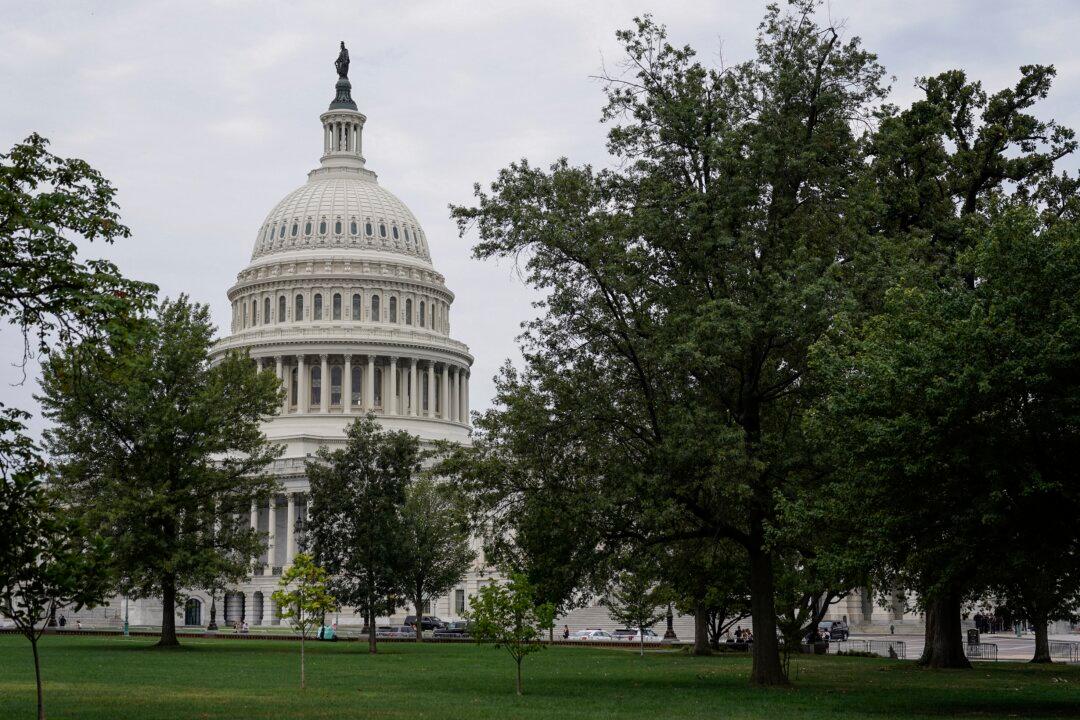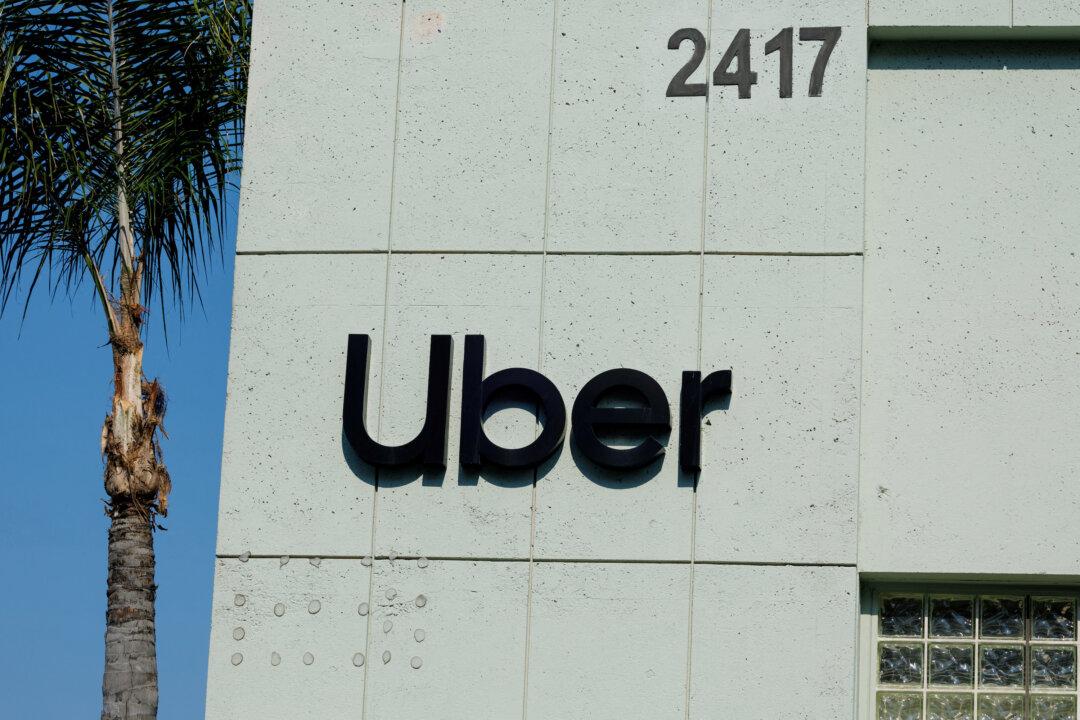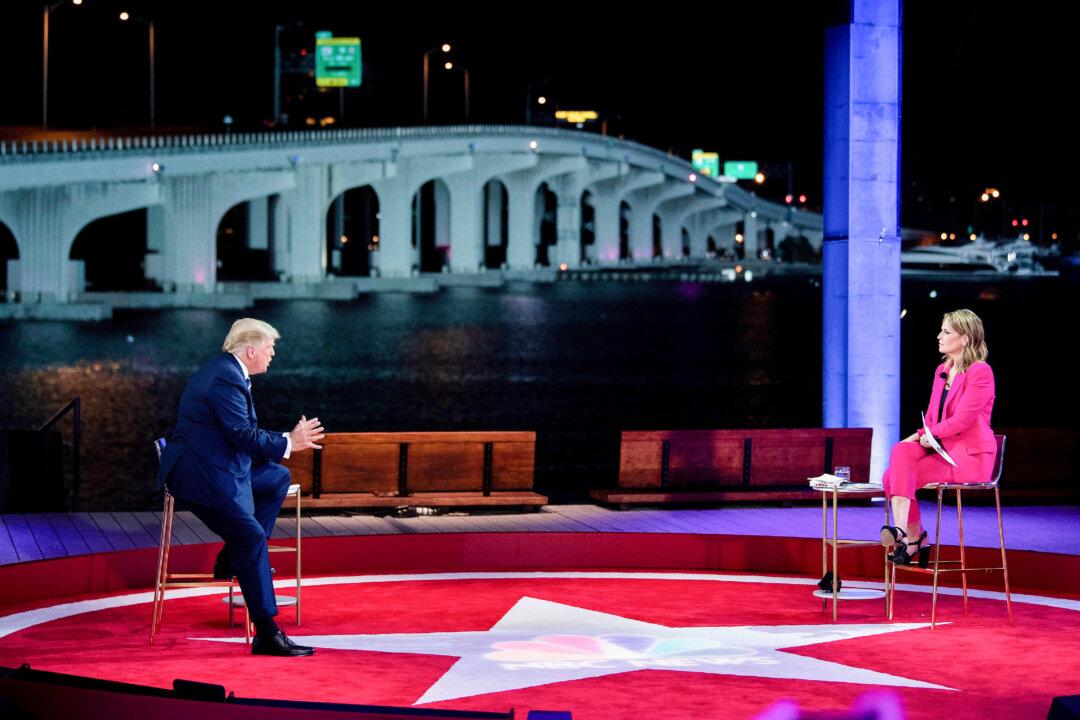WASHINGTON—The Senate on Sunday worked to finalize legislation to forge ahead with a sweeping $1 trillion spending plan for roads, rail lines, high-speed internet, and other infrastructure, with some senators predicting final passage later this week.
Senate Majority Leader Chuck Schumer said the text was “being finalized imminently,” and the Senate could soon start voting on all relevant amendments, finishing the bill “in a matter of days.”





